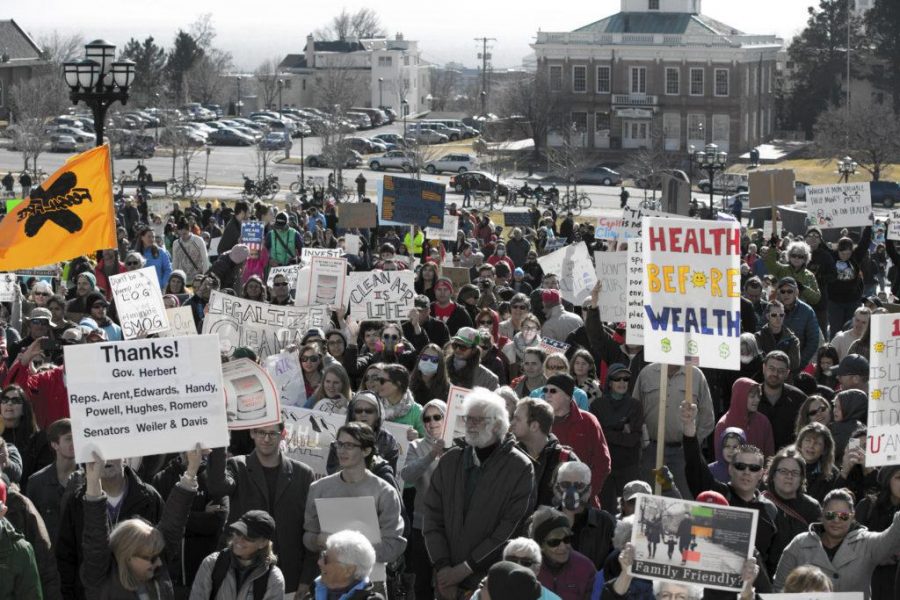At the heart of the movement for sustainability is a kind of awareness. First, we become aware of the wider world around us and the environmental impact that our actions have. Next, we become aware of the future and how important it is to start protecting our resources today so we have them tomorrow. There is also a third, and often neglected, kind of awareness that goes along with it: the awareness of the political side of sustainability, and how vital it is that we work together to change politics as a way to change the world.
It is certainly commendable to work for sustainability privately. For example, we have to acknowledge the huge impact that small efforts have made. But even the act of recycling, a private decision to reduce one’s impact on the world, makes one part of a wider movement to change our habits. One person acting alone can only accomplish so much. As a result of this focus on private behavior, the political side can often be ignored. Some people, rightly frustrated with the problems in government, strive to simply be sustainable in their private lives. We have to be careful that this pessimism doesn’t stop us from doing all that we can to change government and push for real societal changes in how we think about the environment.
The truth is, we can’t afford to just take small steps on our own anymore. With the growing threat of climate change, deforestation and the extinction of endangered species, we face many unprecedented threats to our environment and our future. In order to avert the worst of it we need to make sustainability a societal imperative, reflecting it in everything from our consumption habits to our modes of transportation. This won’t be easy — it will entail making choices about whether we want to pursue sustainability over things like additional military spending.
Thankfully, it is possible to combine this push for political change with personal sustainability efforts. At a basic level, setting an example often has a powerful effect. Being judicious about recycling and encouraging others can do a lot for fostering the attitude needed for sustainability. This goes hand in hand with education and advocacy to help others understand why sustainability is so important not just for future generations, but for the health of our society. The immediate benefits of sustainable policies — less pollution, for example, which may resonate with Utahns — can be quite persuasive.
Where this gets difficult is in pushing for more concrete action. Although individuals can do a lot themselves, the most certain path to preserving our environment is to seek to change government policy for the better. After all, federal policies — like those supporting fossil fuels over renewables — are huge contributors to a decline insustainability efforts. Unfortunately, environmental protection even more in danger now than ever before. Pushing for sustainable politics would likely require activism at all levels, from protesting to voting in local and national elections.
Like all political issues, success won’t be easy. This doesn’t mean we should stop trying, history is filled with examples of movements that have depended on the work of dedicated reformers working tirelessly for years. From civil rights to child labor laws, there are lots of successes; they have just required work. A sustainable future will only be realized if we give it that push, and the responsibility is on us to put in the work.


